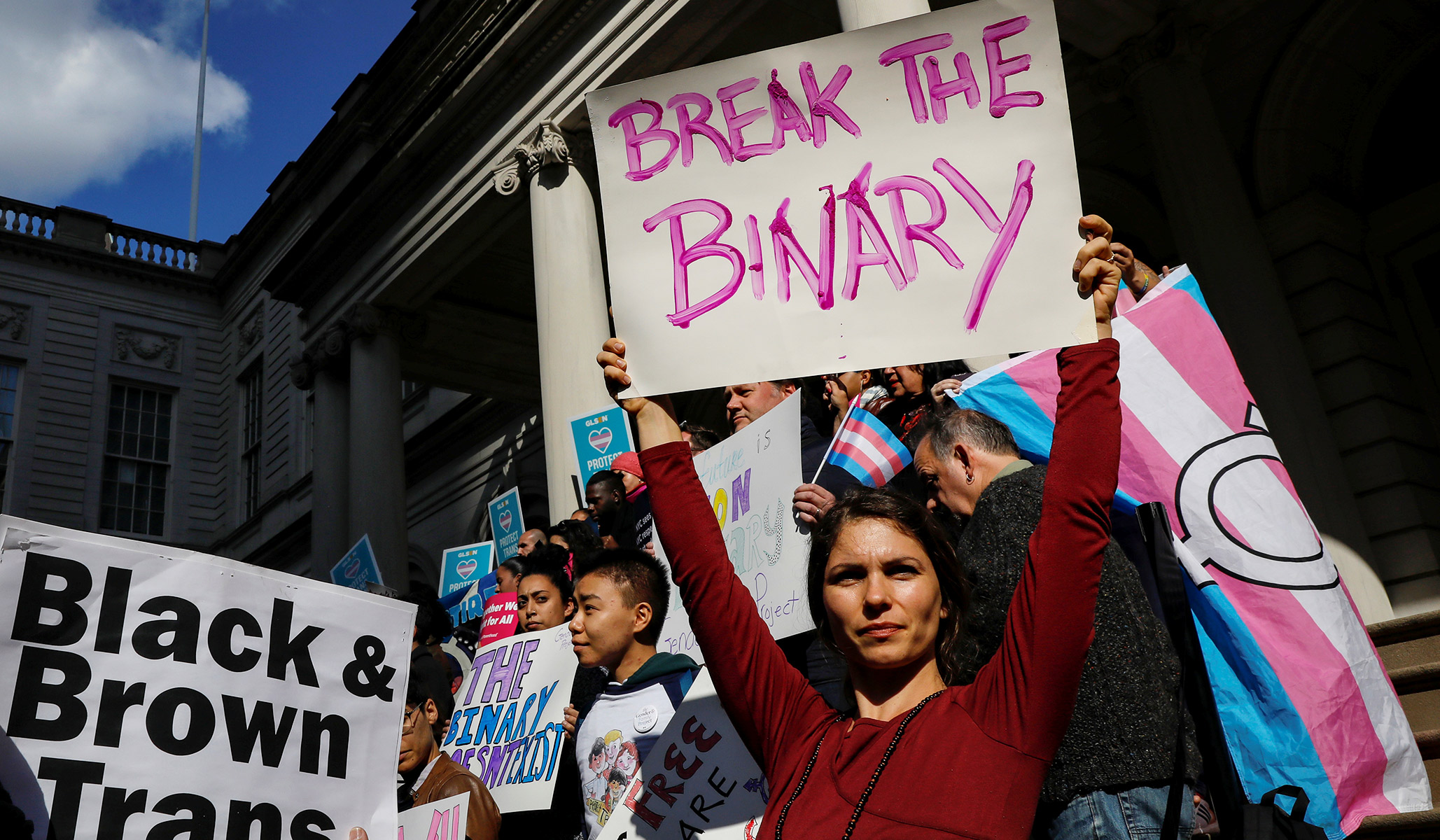


NRPLUS MEMBER ARTICLE I n 2021, the Arkansas general assembly voted overwhelmingly for what should be an uncontroversial proposition: Medical professionals cannot subject children to experimental treatments informed more by faculty-lounge gender theory than by the hard facts of medical and biological reality. The Save Adolescents from Experimentation (SAFE) Act was the first of its kind in the nation. Several other states have followed Arkansas’s lead, passing similar laws that will protect minors across the country.
The next chapter of the story, however, is all too familiar. Activists — aided by an American Civil Liberties Union of late concerned with every progressive cause du jour except civil liberties — sued in federal court to stop the SAFE Act. My office has the responsibility of defending the SAFE Act, and we presented compelling evidence, including expert testimony, demonstrating its wisdom.
The procedures prohibited by the SAFE Act require some description. When children present with gender dysphoria, doctors subscribing to the new orthodoxy of “gender-affirming care” will often prescribe puberty blockers. These drugs put a stop to the natural process by which the human body develops and during which adolescents sometimes confront and sort out confusion in a healthy way. With natural development halted, the children are then given hormones in a futile attempt to transform them into the opposite sex by artificial means. But this hormonal tinkering cannot change what is immutable, so these minors will often be persuaded to endure surgeries promising “gender-affirmation” at the point of a scalpel. For girls, doctors amputate breasts and cut away arm tissue to create a grafted imitation of a penis. For boys, a simulacrum of a vagina can be created either by “inverting” the penis or grafting a portion of colon for the purpose. All of these procedures come with extreme risks of complications up to and including death.
The current liberality of medical providers in “treating” minors suffering from gender dysphoria with these aggressive forms of “gender-affirming care” is a sharp break from even the quite recent past. In the year 2011 — hardly ancient history — practitioners widely required psychotherapy to assess and address the root causes of a patient’s gender dysphoria before even considering these extreme “treatments.” It is important to recognize that this previous approach was not a failure. The overwhelming majority of children who present with gender dysphoria grow out of it and come to accept their biological sex, and mental-health services can assist with that process.
And of course, not all children who transition continue to identify as transgender. At trial, we called two detransitioners, who were subjected to these surgeries and later regretted them. At a time when an ideological avant-garde is pressuring the medical establishment to dispense with the inconvenient, first-do-no-harm tenet of the Hippocratic oath, those looking back at us across a canyon of irreversible harm are necessary parties to the conversation.
We also noted that the recent rise in transgender identity bears all the signs of a social contagion. This is especially true among adolescent girls, for whom self-identification as transgender has risen meteorically in recent years. This rise has been concurrent with activists’ leading a relentless campaign to remake American opinion on the transgender issue from the commanding heights of our premier institutions of culture, business, and government.
Arkansas is not alone in recognizing these truths. The awful realities lurking beneath the euphemism of “gender-affirming care” have led governments to intervene and correct course not just in small, “red” states like Arkansas, but also in European nations that can hardly be described as “conservative.” After thorough reviews of the evidence supporting gender-transition procedures, the United Kingdom, Sweden, and Finland have concluded that it is “low or very low” quality, and they have started putting the brakes on those procedures.
The activists who sued Arkansas disagree with the SAFE Act. And much like abortion advocates in the dark days before Dobbs v. Jackson Women’s Health Organization, they asked the district court to rewrite the Constitution to enshrine their favored policy preferences. Though the Constitution has never required states to ignore the fact that men and women are different, these activists argued that recognizing this reality was irrational and bigoted. They based their argument on the reasoning in Bostock v. Clayton County, which held that Title VII’s prohibition on sex discrimination incorporates discrimination based on gender identity too. But as five judges on the Eighth Circuit recently noted, the 14th Amendment and Title VII are not at all similar. And it is implausible that an amendment ratified in 1868 enshrines radical, modern theories about gender identity.
But the district court sided with the plaintiffs, enjoining the SAFE Act on June 20. The district court’s decision is disappointing but hardly surprising; the court had already granted a preliminary injunction last year. To side with plaintiffs, however, the district court had to dismiss the doctors and researchers who testified in support of the SAFE Act. The district court did not do so because it found fault with their education, but because it decided that their beliefs must come “from a religious doctrinal standpoint,” not science. This dismissive conclusion does not accurately portray any of the experts offered by the state — and indeed, one expert the court brushed aside as more theologian than scientist is not even religious. At any rate, it is a sad example of the hostility that people of faith across America now face.
Thankfully, this opinion is not the final word on the SAFE Act. I am unwilling to accept a result where the children of Little Rock, Springdale, and Hot Springs have less protection from these baseless and experimental interventions than children in London, Stockholm, and Helsinki. I will be appealing the decision to the Eighth Circuit Court of Appeals, and we are optimistic that the SAFE Act and the vital protections it offers will be vindicated.
